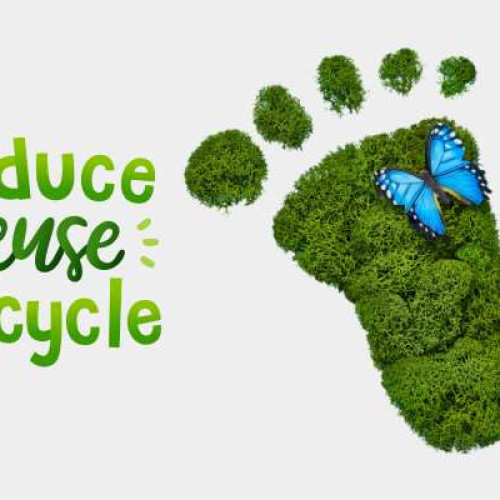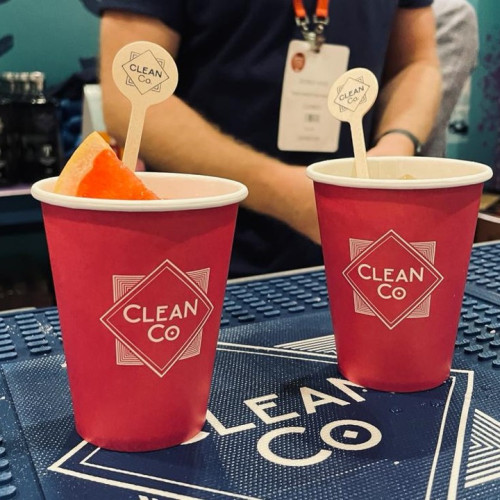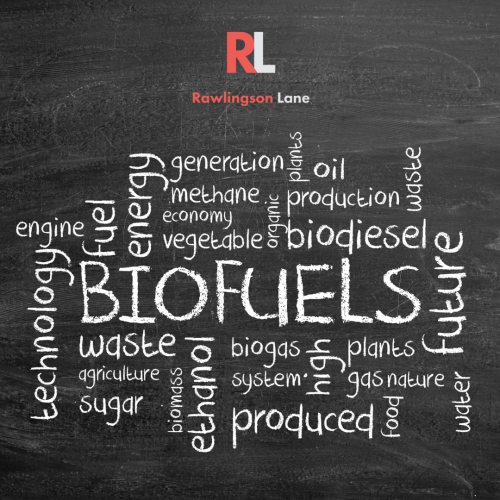The Big Plastic Count 2024
It's been two years since Greenpeace and Everyday Plastic teamed up to organise the first Big Plastic Count, and now they're back to update their figures.
Running from 11th - 17th March 2024, the count saw 77,783 households sign up to tally their plastics (nearly 8,000 more than the original count in 2022).
Why are we doing the count again?
In 2022, the results of the Big Plastic Count were used to put pressure on politicians to take action. The UN Global Oceans Treaty was agreed in 2023, aimed at protecting 30% of our oceans by 2030 - one of the biggest wins in conservation history.
Now the UN are in negotiations for a Global Plastics Treaty, which will set a target to reduce plastics of all kinds. The Big Plastic Count will be used as evidence when pushing for ambitious goals.
The Results
When I first completed the count in 2022, I was shocked that my partner and I tallied a mind-blowing 84 pieces of plastic in just one week between us. We managed to cut down on this number this year, coming in at 51 pieces combined. However, the results of where our plastic waste is going are less positive;

These figures may look positive at first glance, with the amount of recycled plastic increasing and landfill decreasing. However, more and more pieces are now being incinerated - largely due to landfill costs increasing. Incinerating plastic can produce more carbon dioxide per tonne than burning coal, and sites are three time more likely to be built in underprivilidged areas. With 18 new sites planned, this solution strongly contradicts the UK Government's Net Zero 2050 goal to reduce emissions.
Plastics can also only be recycled once or twice, due to hazardous degradation, and release microplastics into the environment during the process. So even improved recycling rates aren't much of a win. After one or two extra cycles it still ends up incinerated, in landfill, or exported to countries with an even poorer recycling infrastructure than the UK.
As results came in, Greenpeace and Everyday Plastic revealed that UK households throw out 1.7 billion pieces of plastic per week. Adding up to 90 billion per year. That makes the UK top of the charts for plastic waste per person, second only to the US. And that's before we even look at how much plastic businesses use.

So, what next?
These UN victories are important, but in the meantime, consumers are looking to businesses to pave the way. Particularly in the hospitality industry, where food miles, excessive energy consumption, and unnecessary food waste have gained significant media attention.
Introducing sustainability initiatives is often considered a way of improving a business' reputation, however with Net Zero inching closer, operators will soon be forced to act or risk non-compliance. At this stage, reducing environmental impact is expected and to not do so could be detrimental.
According to a study by Deloitte*, 1 in 3 people say they have stopped shopping with particular brands due to sustainability concerns, 64% of consumers want companies to reduce packaging, and customers are willing to spend around 30% more for ethically-sourced products.
*https://www2.deloitte.com/uk/en/pages/consumer-business/articles/sustainable-consumer.html













